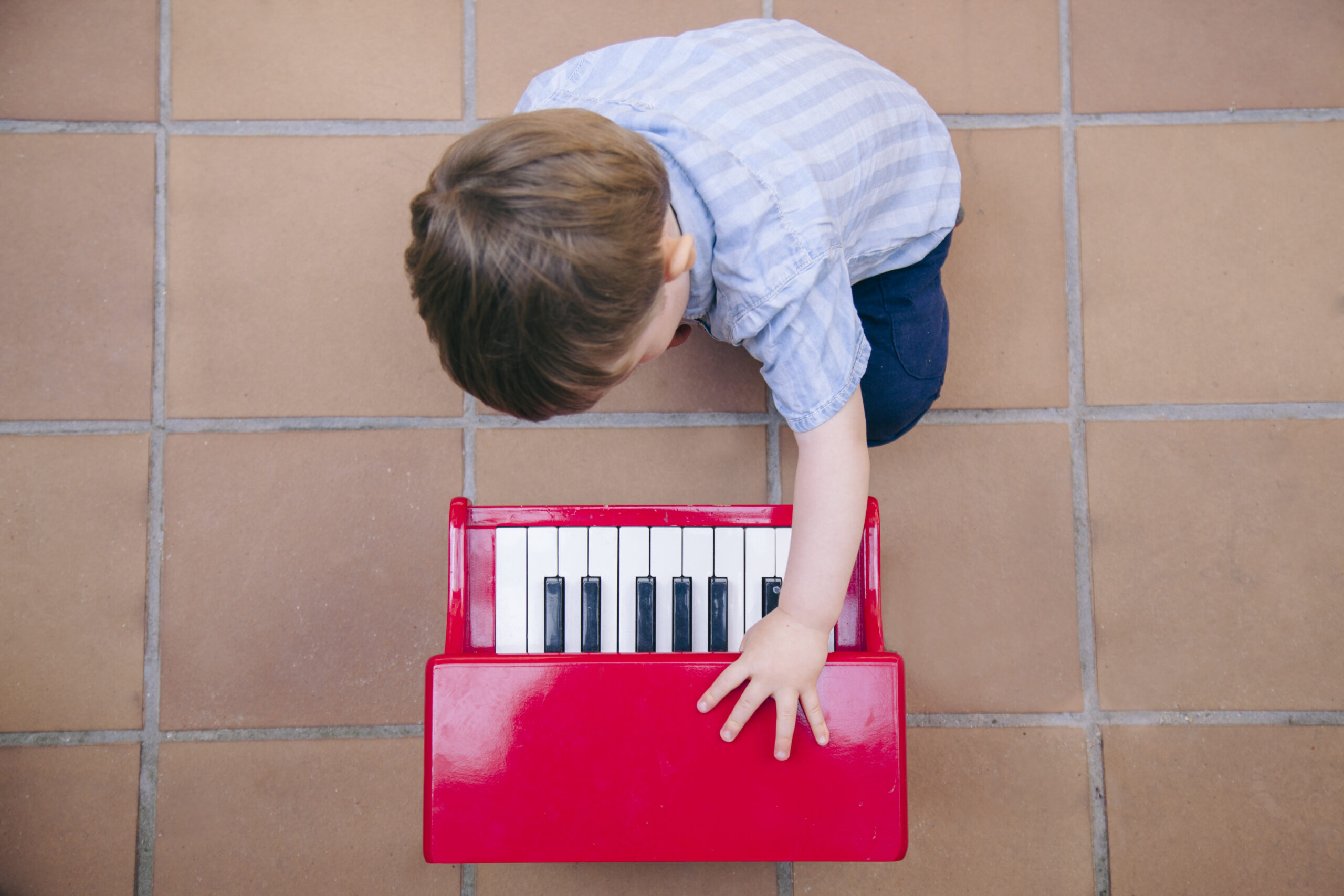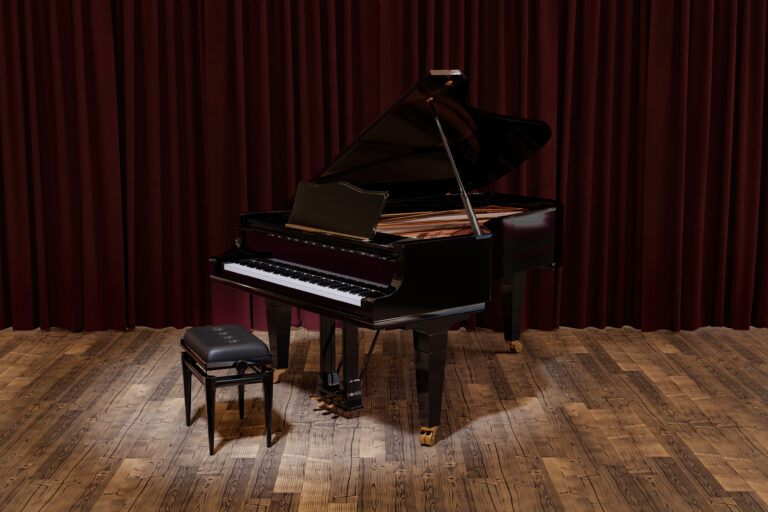Symphony of Fun: Interactive and Educational Piano Games for Kids
Introducing your child to the enchanting realm of music becomes a delightful and engaging adventure with the world of piano games for kids. These captivating games not only nurture their musical abilities but also infuse the journey of learning with joy and interactivity.
Within this vibrant tapestry of piano games, a treasure trove of options awaits children of all ages and skill levels. From unravelling the secrets of music theory to honing finger dexterity and hand-eye coordination, each game becomes a captivating avenue for musical exploration. The melodies of popular children’s songs and tunes intertwine with the gameplay, adding an extra layer of delight for young players.
Whether your child is setting foot on the musical path for the first time or already possesses a budding passion for the piano, these games become a cherished companion in their musical education. The world of piano games unfolds as a heartwarming tool that not only nurtures their skills but also ignites a lifelong love for the enchanting world of music.
Benefits of Piano Games for Kids
Playing piano games can be a fun and engaging way for kids to learn and develop their musical skills. Here are some of the benefits of piano games for kids:
1. Improves Hand-Eye Coordination
Piano games require kids to coordinate their hand movements with their eye movements, which can help improve their hand-eye coordination. This skill can be useful in other areas of their life, such as playing sports or typing on a computer.
2. Enhances Memory and Concentration
Playing piano games can also help improve memory and concentration. Kids have to remember the notes and the timing of the music, which can help enhance their memory skills. Additionally, since playing the piano requires focus and attention to detail, it can help improve their concentration skills.
3. Boosts Creativity and Self-Expression
Piano games can also be a great way for kids to express themselves creatively. They can experiment with different sounds and rhythms, and create their music. This can help boost their creativity and self-expression skills.
4. Develop discipline and Patience
Learning to play the piano requires discipline and patience. Kids have to practice regularly and be patient as they work to master new skills. This can help develop their discipline and patience, which can be useful in other areas of their life.
Piano games can provide numerous benefits for kids, including improving hand-eye coordination, enhancing memory and concentration, boosting creativity and self-expression, and developing discipline and patience.
Popular Piano Games for Different Age Groups
Toddlers and Preschoolers
If you have a little one who loves music, there are plenty of piano games that can help them learn and have fun at the same time. For toddlers and preschoolers, games that focus on basic concepts like colours, shapes, and numbers are a great choice. Here are a few popular piano games for this age group:
- Piano Maestro: This app is designed to help kids learn to play the piano by using fun games and interactive lessons. It’s perfect for toddlers and preschoolers who are just starting to explore music.
- Musical Me!: This app is designed to help kids learn about music theory and basic piano skills. It includes games that teach kids about notes, rhythms, and more.
- Piano Dust Buster: This game is a fun way for kids to practice their piano skills while also learning about different musical genres. It includes songs from classical, jazz, and pop music.
School-Aged Children
For older kids who are more advanced in their piano skills, there are plenty of games that can challenge them and help them improve. Here are a few popular piano games for school-aged children:
- Simply Piano: This app is designed to help kids learn to play the piano by using fun games and interactive lessons. It’s perfect for kids who are looking to take their piano skills to the next level.
- Piano Tiles 2: This game is a fun way for kids to practice their piano skills while also improving their hand-eye coordination. It includes different levels of difficulty and challenges.
- Music Tutor: This app is designed to help kids improve their music theory skills. It includes games that teach kids about notes, chords, and scales.
No matter what age your child is, there are plenty of piano games that can help them learn and have fun at the same time.
Educational Aspects of Piano Gaming
Music Theory Fundamentals
Playing piano games can be a fun and interactive way for children to learn the fundamentals of music theory. Piano games often include tasks such as identifying notes, reading sheet music, and recognizing musical symbols. These games can help children learn and memorize the different notes on the piano, understand the concept of rhythm and timing, and develop a basic understanding of music theory.
Hand-Eye Coordination and Motor Skills
Playing piano games can also help children develop their hand-eye coordination and motor skills. Piano games often require players to use both hands simultaneously to press different keys on the keyboard. This can help children develop their hand-eye coordination and increase their dexterity and finger strength. Additionally, playing piano games can improve a child’s ability to focus and concentrate for extended periods.
Piano games can be a great educational tool for children who are interested in learning music. They can help children develop a basic understanding of music theory, improve their hand-eye coordination and motor skills, and increase their ability to focus and concentrate.
Interactive Features in Piano Games
Playing piano games can be a fun and engaging way for kids to learn and practice playing the piano. Many piano games offer interactive features that can enhance the learning experience. Here are some of the interactive features commonly found in piano games:
Multiplayer Options
Some piano games offer multiplayer options that allow kids to play with friends or family members. This can make learning more fun and engaging, as kids can compete with each other and learn from each other’s mistakes. Multiplayer options can also help kids develop social skills and teamwork.
Progress Tracking
Many piano games offer progress-tracking features that allow kids to track their progress and see how they are improving over time. This can be motivating for kids, as they can see their progress and feel a sense of accomplishment. Progress tracking can also help parents and teachers monitor their child’s progress and identify areas where they may need additional help or practice.
Overall, interactive features in piano games can enhance the learning experience and make it more fun and engaging for kids. Whether it’s playing with friends or tracking progress, these features can help kids develop their piano skills and achieve their goals.
Selecting the Right Piano Game
When it comes to selecting the right piano game for your child, there are a few things to consider. Here are some factors to keep in mind:
Safety and Privacy
First and foremost, you want to make sure that the piano game you choose is safe and secure for your child to use. Look for games that have appropriate content and are free from ads or in-app purchases that could compromise your child’s privacy.
Ease of Use
Another important factor to consider is the ease of use of the game. Look for games that have intuitive interfaces and clear instructions, so that your child can easily navigate and enjoy the game without getting frustrated.
Compatibility with Devices
Finally, you’ll want to make sure that the piano game you choose is compatible with the devices your child will be using to play it. Check the game’s system requirements to ensure that it will run smoothly on your child’s device.
Selecting the right piano game for your child can be a fun and rewarding process. By keeping these factors in mind, you can ensure that your child has a safe and enjoyable experience while learning to play the piano.
Tips for Parents and Educators
As a parent or educator, you can help your child or student develop their piano skills through fun and engaging games. Here are some tips to keep in mind:
- Make it fun: Piano games should be enjoyable and not feel like a chore. Incorporate games that your child or student will find exciting and engaging. For example, you can use games that involve popular characters or themes that your child enjoys.
- Keep it simple: The games you choose should be easy to understand and not require too much instruction. This will help your child or student focus on playing the piano and not get bogged down by complicated rules.
- Encourage practice: Piano games can be a great way to encourage your child or student to practice more often. Set aside time each day for playing games and practising piano skills.
- Use technology: There are many apps and online games that can help your child or student learn piano skills. These can be a great way to supplement traditional piano lessons and keep your child or student engaged.
- Reward progress: Celebrate your child or student’s progress and achievements. This will help them feel motivated and encouraged to continue practising and playing the piano.
By following these tips, you can help your child or student develop their piano skills and have fun while doing it.
Frequently Asked Questions
What are the best free piano game apps for beginners?
There are several free piano game apps available for beginners. Some of the popular ones include Piano Academy, Simply Piano, and Piano by Gismart. These apps offer a variety of lessons and games to help beginners learn to play the piano. They also provide feedback to help users improve their skills.
Which piano games are suitable for a 3-year-old?
For 3-year-olds, simple piano games that involve matching colours or shapes can be a great way to introduce them to the piano. Some popular games include Piano Kids – Music & Songs and Kids Piano Melodies. These games are designed to be fun and engaging, while also helping children develop basic piano skills.
What is the simplest piano song that a child can learn to play?
“Mary Had a Little Lamb” is one of the simplest piano songs that a child can learn to play. It only requires the use of three notes and is easy to remember. Other simple songs include “Twinkle, Twinkle Little Star” and “Row, Row, Row Your Boat.”
Are there any piano games designed specifically for school use?
Yes, there are several piano games designed specifically for school use. Some popular options include Piano Maestro, Piano Marvel, and Playground Sessions. These games are designed to be used in a classroom setting and offer features such as progress tracking and lesson plans.
How can children download safe and fun piano music games?
Children can download safe and fun piano music games from reputable app stores such as the Apple App Store or Google Play Store. It’s important to read reviews and check the ratings of the app before downloading it to ensure that it’s safe and appropriate for children.
What are some engaging music games for kids to help with piano learning?
In addition to piano-specific games, several music games can help children with their piano learning. Some popular options include Music Tutor Sight Read, Rhythm Cat, and Note Rush. These games help children develop their musical skills, including note recognition and rhythm.






